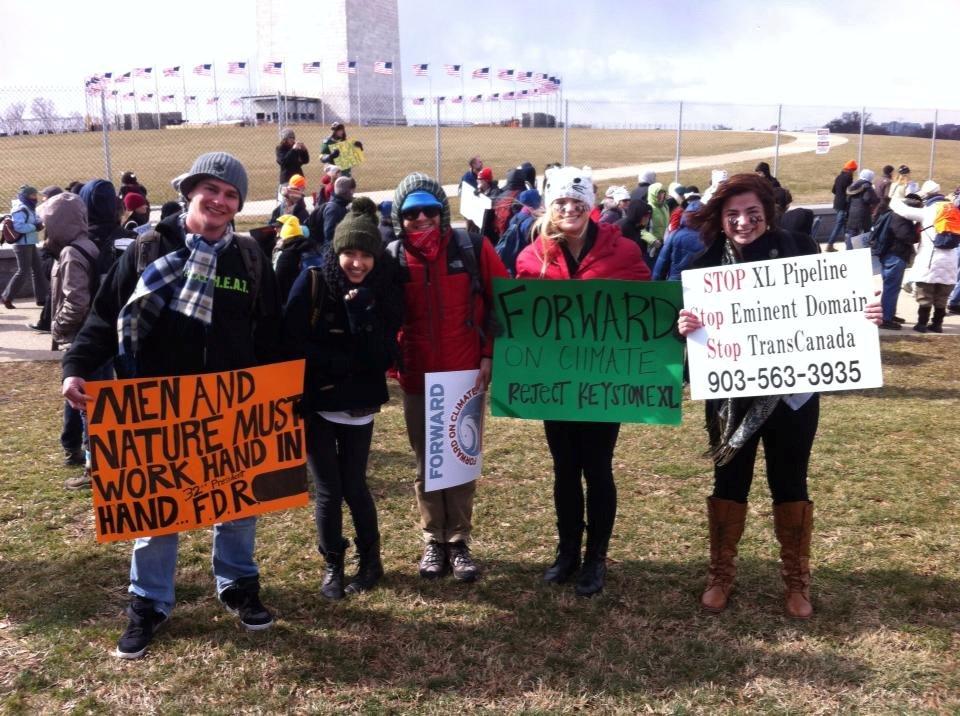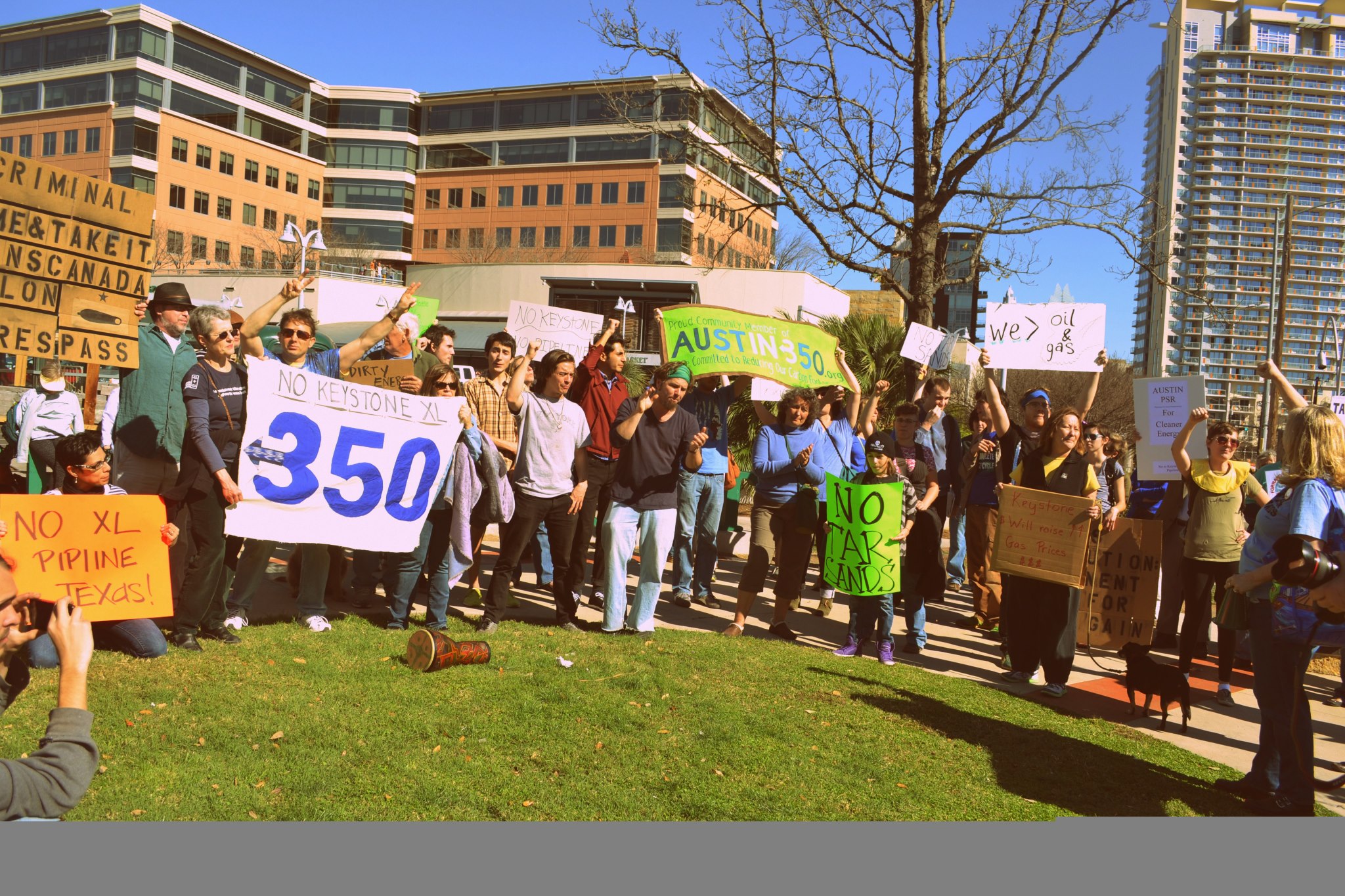Just before Earth Day, the House of Representatives once again demonstrated its commitment to protecting the fossil fuel industries that fund many of the members campaigns instead of protecting the people of our state from the devastating impacts of climate change by passing HB 788. The bill requires the Texas Commission on Environmental Quality (TCEQ) to permit greenhouse gas emissions, which cause climate change, but would remove the agency’s authority to limit such emissions.
You might wonder “what’s the point?” The point is to take control of greenhouse gas permitting for Texas facilities from the Environmental Protection Agency (EPA) and place it in the hands of our state environmental agency – which has a much cozier relationship with industry. While EPA may ultimately prefer that states take responsibility for such permitting, we hope they wouldn’t support such a ineffective system as is proposed in HB 788.
Adding insult to injury, the author of the bill, Representative Wayne Smith, took advantage of the opportunity to spread misinformation. Smith stated, “…the terms ‘climate change’ and ‘global warming’ are based on an unfounded science,” claiming this language was struck to remove the politics from the bill. His remarks epitomizes a legislature that continues to threaten the health and safety of the people it should protect through weakened environmental regulations.
In fact, removing language which has been in Texas’ Health and Safety Code for 22 years which gives TCEQ the authority to limit greenhouse gases put the politics in the bill and took the science out of it. Governor Rick Perry is an avid climate change denier and may have influenced the drafting of HB 788.
This type of misinformation does a disservice to Texas citizens who must endure the harmful impacts of climate change, such as drought, wildfires, sea-level rise and more volatile weather patterns. These changes have already cost our state billions of dollars and numerous lives. Climate change is happening now and given the big jump in carbon dioxide (CO2) emissions last year, we’re probably in for more harmful impacts than many predicted just a few years ago.

This graph compares increasing CO2 levels (dark line) to increasing average global temperature over the last century (blue and red bars).
Although our efforts to stop or amend HB 788 in the Texas House were unsuccessful and it was disheartening to hear Representative Smith’s comments, Earth Day brought a refocusing on facts.
The Committee on International Trade and Intergovernmental Affairs held a hearing on Global Climate Change and Trade. Attendance was sparse in the audience, but a stellar line-up of scientists, delegates, and business representatives took the witness stand to testify on the fact of climate change.
HB788 was mentioned in anonymous fashion as a bad greenhouse gas bill on several occasions. But, the most glaring comments were directed at Texas’ lack of policy to address climate change. Cynthia Connor, the Resource Security Policy Adviser for the British Consulate General in Houston spoke in serious tones. Her message was that Texas has a responsibility to adopt climate change policies to protect $20 billion in Texas investments by UK-owned business, which are responsible for 70,000 jobs.
Almost all of the witnesses addressed Texas’ policy of climate change denial. To their credit, most of the Representatives on the committee asked questions to confirm the scientific findings, how climate change affects Texas, and how our climate change policies compare to the rest of the modernized world. The general consensus is that Texas lags far behind the rest of the world. Texas fails to acknowledge the potential harms of climate change and ignores its responsibility to lead the nation in ethical energy policies as the top producer of oil and natural gas.
While these weren’t messages of hope, at least they were based in scientific facts and observations. At least for a brief time, science was recognized in our state capitol.
We must each do what we can to reduce our personal impact and we must convince our elected officials that the time for climate change denial is over.
HB 788 is now being considered in the Texas Senate.
Email your Texas state senator to oppose HB 788 and protect Texas’ climate, economy and people.




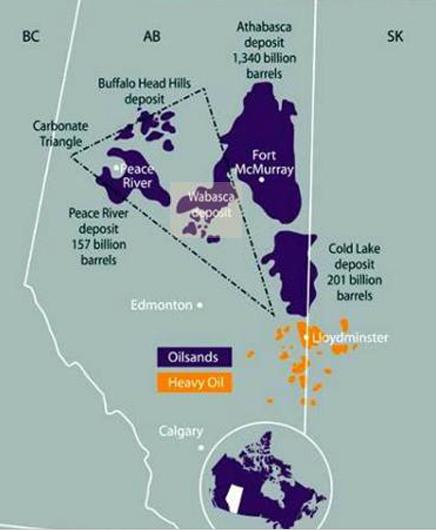
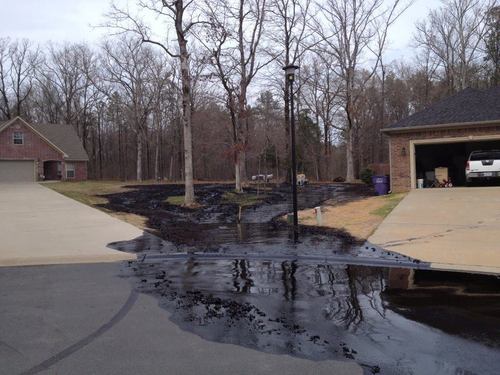

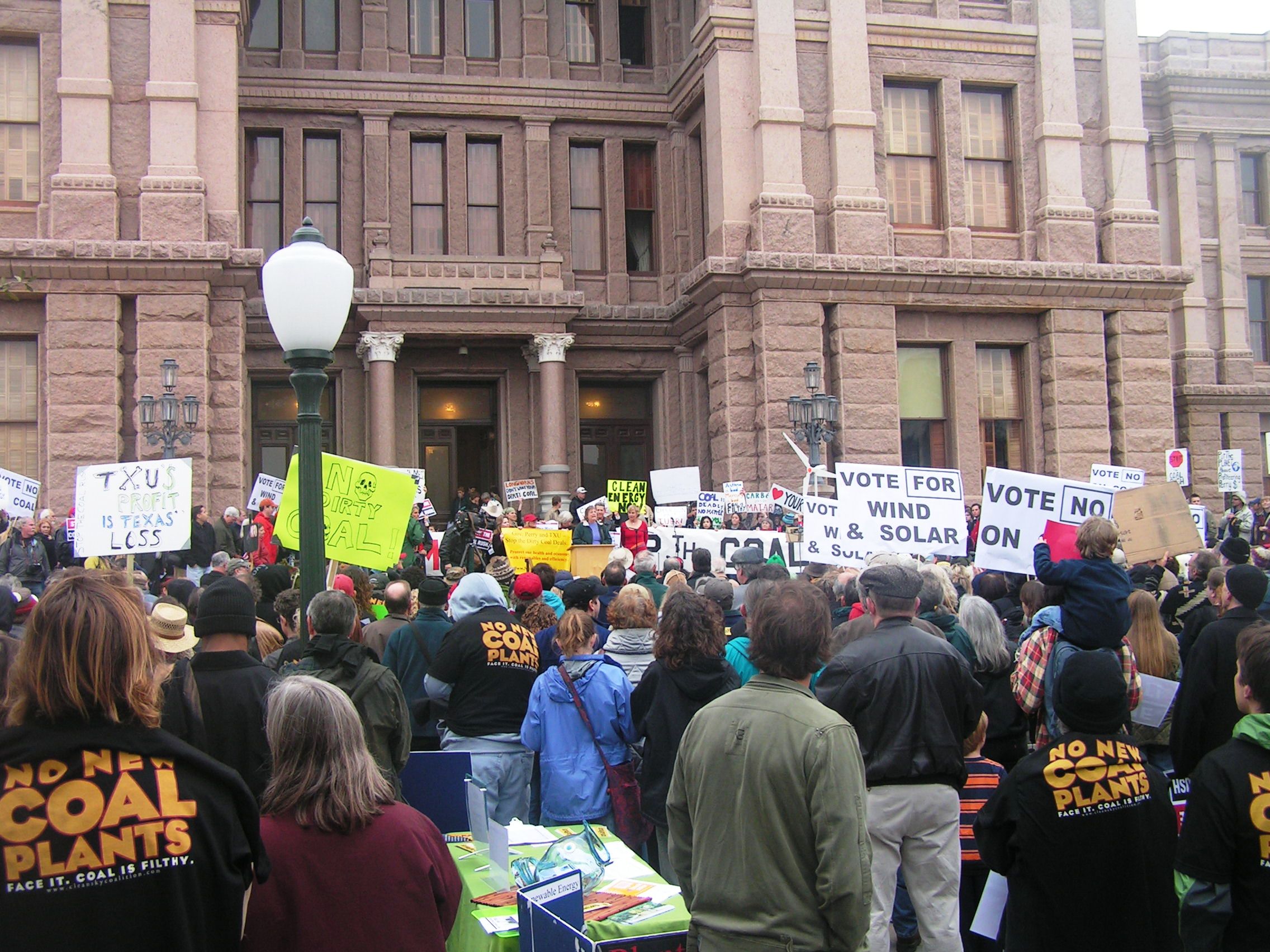


![beforenafter1[1]](http://texasvox.org/wp-content/uploads/2013/02/beforenafter11.jpg?w=300)

